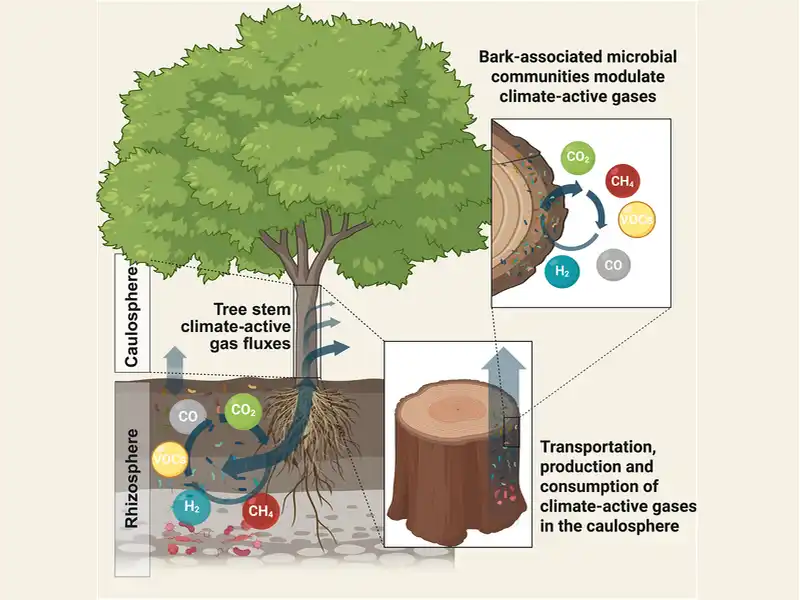MEDIA RELEASE
19 February 2025
‘Our costs are growing faster than our plants’: New survey finds nurseries are downgrading profits
A new survey of Queensland’s greenlife growers shows 57 per cent reported a decline in profit in the December quarter due to soaring input costs and a subdued economy, and almost half of the industry’s operators expect their profits to decline further over coming months.
Nursery & Garden Industry Queensland (NGIQ) released the figures today to coincide with the opening of the “Better Together” National Greenlife Conference being held in Brisbane.
NGIQ Chief Executive, Colin Fruk, said growers are currently facing significant supply-side and demand-side challenges.
“Queensland horticulture is worth around $1 billion annually, making it one of the largest parts of the agriculture sector, but many operators are struggling as our costs are growing faster than our plants,” he said.
“Production and retail nurseries are mostly small businesses operators, and they do a fantastic job to manage their costs in a complex and dynamic trading environment. After a few years of high demand through COVID, growers are now confronted with a very different environment where demand has come off but the cost of some inputs have grown by thirty, forty, fifty per cent, or more.”
Growers nominated falling consumer spending and high interest rates as reasons why two thirds of them saw revenue flatline or fall during the December period. At the same time, the survey shows large numbers of producers facing major or critical cost increases in transport (49%), energy and water costs (45%) and insurance (40%).
Despite 45% of respondents expecting their profits to decrease further over the next three months, it seems most are intent on weathering the high-cost environment. A clear majority report they intend to maintain current employment levels (71%) and capital expenditure (57%).
Plant prices may be about to increase however, as growers pass on business costs to consumers. Over a third of respondents (34%) say they will increase their selling prices in the March quarter.
The survey also quizzed the respondents on which policies the new Queensland Government should implement to make life better for greenlife businesses. Out of the 11 options put to them, they nominated bringing down the cost of power, cutting red tape and more effective action on fire ants as the policies which would have the most positive impacts.
“The greenlife industry wants to see this government make better, smarter decisions and support the industry with more streamlined, practical assistance,” Colin said.
“It’s not always a case of more money, sometimes it’s just about good government – putting existing money where it makes the most difference, and restructuring things to get better results out of public programs and the public service.
“Some of the hoops growers have to jump through to try and access natural disaster support, or to meet biosecurity regulations, for example, are more of a hinderance than a help.
“With a new Government comes a new opportunity to make the system work better for our small business growers, and we are keen to work with the Premier, Minister Perrett and other government members to effect some worthwhile changes.”
Nursery & Garden Industry Queensland is the state peak body representing the professional nursery industry in Queensland, incorporating production nurseries, retail nurseries, garden centres, and agents for allied products. It was formed in 1934 as a professional body for growers and sellers of quality plans and celebrated 90 years of supporting the industry last year.
– ends –
Media opportunity: Colin Fruk, CEO, 0409 622 297 ceo@ngiq.asn.au. Photo and interview opportunities can be arranged at the Greenlife Industry Conference at Brisbane Convention Centre on 20/2/25 and 21/2/25.
Quotes:
“The cost of all inputs has gone up – freight, wages, potting media, chemicals, etc. Our prices have remained the same though to remain competitive in the market. Business has to absorb all price increases to running costs.” – Nursery Owner, Fraser Coast Region
“The ongoing costs of operating a business are too high. The rewards of growing a business, employing more staff and effectively contributing more to the economy are outweighed by the requirements of government.” – Nursery Owner, Sunshine Coast Region





